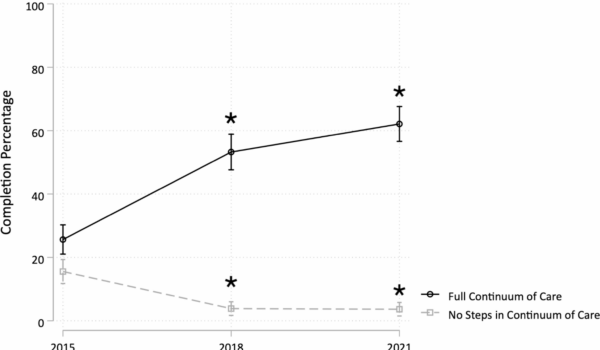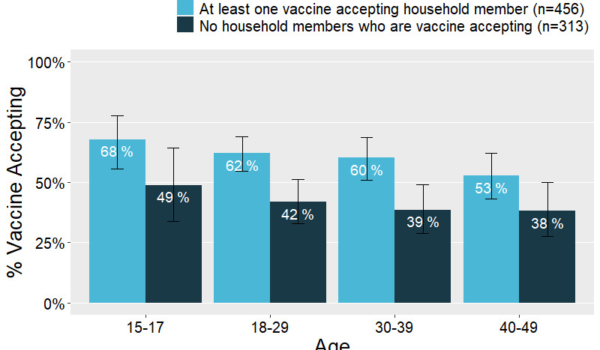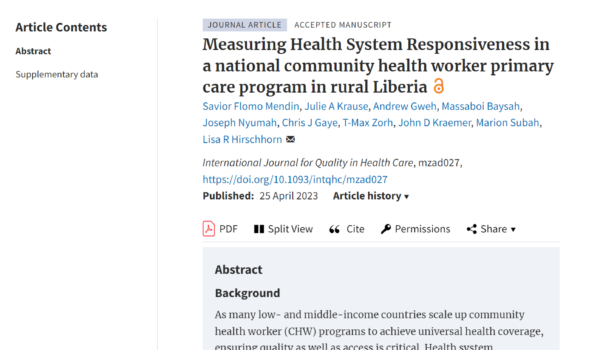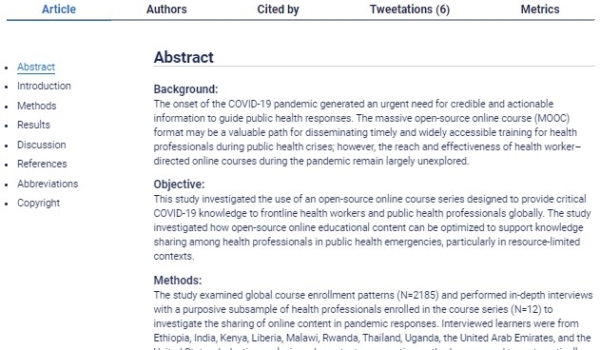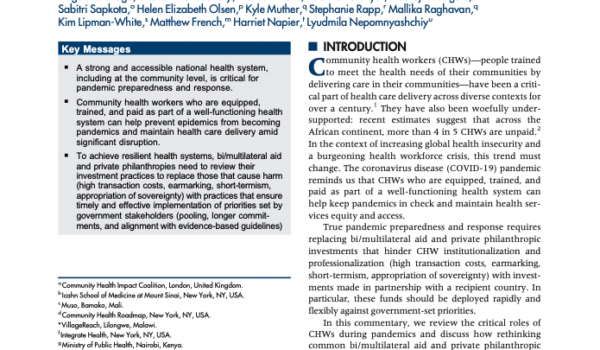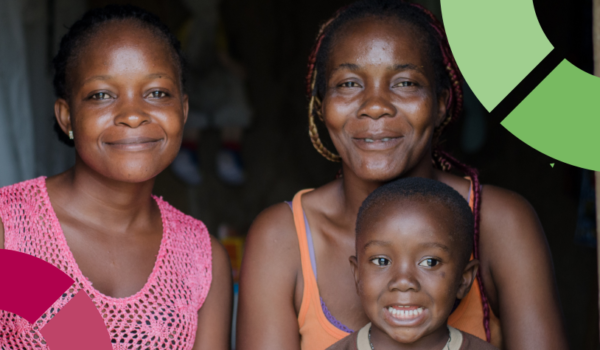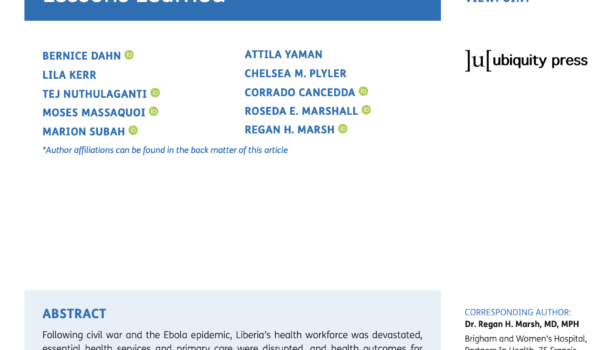Jun 3, 2025
Costs and cost-effectiveness of community health worker programs focussed on HIV, TB and malaria infectious diseases in low- and middle-income countries (2015–2024): A scoping literature review
Infectious diseases remain a significant public health challenge in low- and middle-income countries (LMICs), with HIV, tuberculosis (TB), and malaria contributing significantly to morbidity and mortality. Community Health Workers (CHWs) play a pivotal role in addressing these diseases, yet evidence on the costs and cost-effectiveness of CHW-led interventions remains fragmented. We performed a scoping review, searching ten databases and the grey literature for original studies published between August 2015 and July 2024. Thirty-three studies representing 106 scenarios were included, predominantly from sub-Saharan Africa (61%). The majority demonstrated that CHW programs were cost-effective compared to alternative service delivery models, most commonly facility-based care. These programs were particularly effective in improving treatment adherence and targeting high-priority populations. Costs per beneficiary ranged widely, from $1.20 to $26,556. Future research should emphasize standardized reporting, assess affordability, explore integrated CHW roles across multiple disease groups, and focus on generating evidence that supports priority-setting and resource allocation at the health system level.

